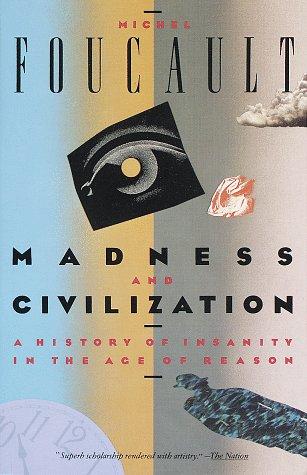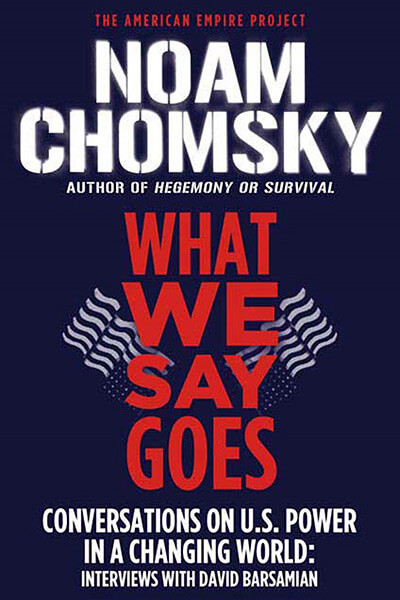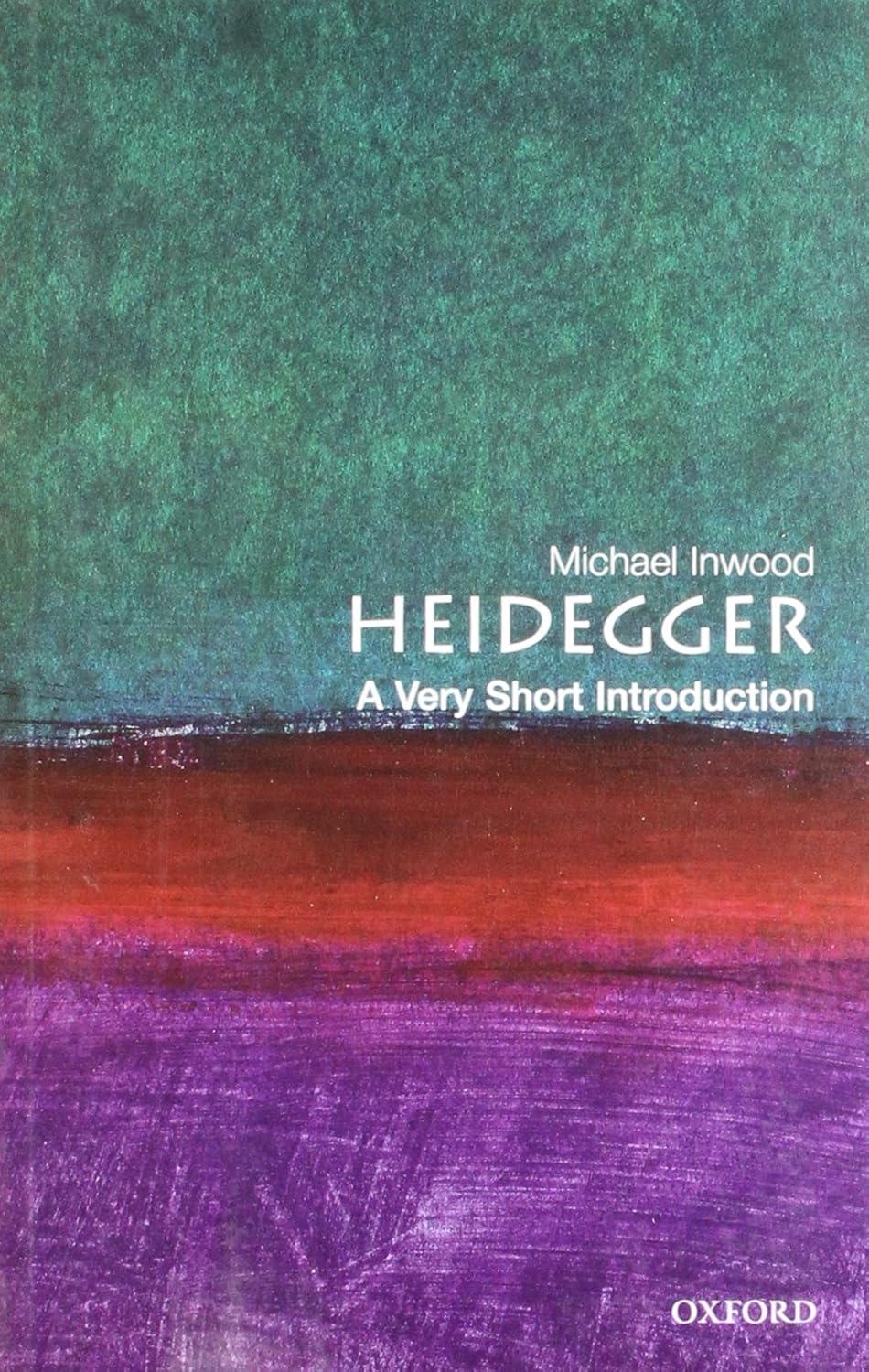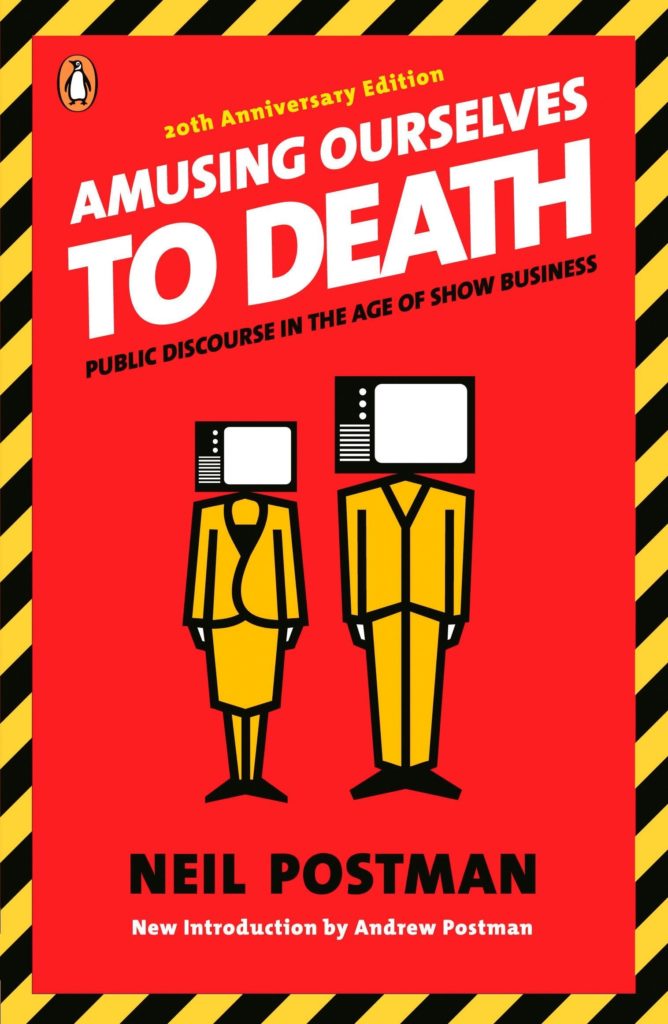im afraid to say i could make neither hide nor hair of this book or heidegger's thought, even if it was a secondary source. best to leave heidegger for another time and just, not read more after this book?
User Profile
hi im valerie
i can never remember when i started reading a book and i can never write a cogent review so watch out for that!!
i dont read many books
if i had a fedi it would be linked here.
This link opens in a pop-up window
valerie's books
Read (View all 94)
User Activity
RSS feed Back
valerie finished reading Heidegger: A Very Short Introduction by Michael Inwood (A Very Short Introduction)
im afraid to say i could make neither hide nor hair of this book or heidegger's thought, even if it was a secondary source. best to leave heidegger for another time and just, not read more after this book?
valerie finished reading Wretched of the Earth by Frantz Fanon

Wretched of the Earth by Frantz Fanon
The Wretched of the Earth (French: Les Damnés de la Terre) is a 1961 book by the psychiatrist Frantz Fanon, …
valerie finished reading Power/Knowledge by Michel Foucault

Power/Knowledge by Michel Foucault
Michel Foucault has become famous for a series of books that have permanently altered our understanding of many institutions of …
valerie reviewed Power/Knowledge by Michel Foucault
valerie finished reading Eichmann in Jerusalem by Hannah Arendt (Penguin Classics)

Eichmann in Jerusalem by Hannah Arendt (Penguin Classics)
Eichmann in Jerusalem: A Report on the Banality of Evil is a 1963 book by political theorist Hannah Arendt. …
valerie reviewed Eichmann in Jerusalem by Hannah Arendt (Penguin Classics)
valerie reviewed Amusing Ourselves to Death by Neil Postman
very good
4 stars
i think it's interesting how the foreword by A. Postman is essentially half justifying the book for the "modern" (2006) condition of film and entertainment. i fail to necessarily see the use in that, though maybe the average reader is less convinced of that point.
it's pretty good, and it (obviously) argues well the points it makes, though it's quite american-centric, not only in terms of references, but also in terms of how it relegates the ways that Orwell's predictions have actually come true, and it is certainly a product of a more optimistic viewing of the media culture where 1980s US news media wasn't under the thumb of the White House.
the introduction of this book is, for some reason or another, filled with testimonials from students. unclear if they were taking an advanced high school course or were in college, but, i must wonder, is that …
i think it's interesting how the foreword by A. Postman is essentially half justifying the book for the "modern" (2006) condition of film and entertainment. i fail to necessarily see the use in that, though maybe the average reader is less convinced of that point.
it's pretty good, and it (obviously) argues well the points it makes, though it's quite american-centric, not only in terms of references, but also in terms of how it relegates the ways that Orwell's predictions have actually come true, and it is certainly a product of a more optimistic viewing of the media culture where 1980s US news media wasn't under the thumb of the White House.
the introduction of this book is, for some reason or another, filled with testimonials from students. unclear if they were taking an advanced high school course or were in college, but, i must wonder, is that what Andrew thinks the target audience of this book in 2006 must have been?
there were a lot of theorists, and theories, for that matter, included name-dropped in the book (Ong, McLuhan, several early media theorists, Mumford), but they, aside from maybe McLuhan and Ong, don't get much more mention in the book. this is probably a good thing overall for the book's readability, but it frustrates me because Mumford, somebody who i'll definitely find interesting provided i actually read him, is barely mentioned.
another incoherent review. ah well.
valerie reviewed Philosophy of Modern Music by Theodor W. Adorno
meh
2 stars
it has some pieces of interesting analysis, but it turns into a slog quite quickly and quite frequently. whatever adorno was trying to do, it quite clearly didn't work here. also salty because i thought it was going to be "philosophy of" "modern" "music", not "philosophy of" "modern music". book spends too long on "modern music" and not long enough on music proper.
it has some pieces of interesting analysis, but it turns into a slog quite quickly and quite frequently. whatever adorno was trying to do, it quite clearly didn't work here. also salty because i thought it was going to be "philosophy of" "modern" "music", not "philosophy of" "modern music". book spends too long on "modern music" and not long enough on music proper.
valerie finished reading Philosophy of Modern Music by Theodor W. Adorno
valerie finished reading The Stars Down to Earth by Theodor W. Adorno

The Stars Down to Earth by Theodor W. Adorno
The Stars Down to Earth shows us a stunningly prescient Adorno. Haunted by the ugly side of American culture industries …
valerie finished reading Madness and Civilization by Michel Foucault

Madness and Civilization by Michel Foucault
Madness and Civilization: A History of Insanity in the Age of Reason (French: Folie et Déraison: Histoire de la folie …
valerie finished reading What we say goes by Noam Chomsky (The American empire project)

What we say goes by Noam Chomsky, David Barsamian (The American empire project)
valerie reviewed How the World Works by Noam Chomsky
short and largely redundant
2 stars
while the page count goes over 300, it feels like no more than 100, the print on this thing is really large and i could read all 300 pages in a few hours, and a lot of the information is redundant for anybody with even a cursory understanding of us imperialism. it probably shouldn't be marketed so broadly either, considering "analysis of country" is far less common in this book than "analysis of country through the lens of american interventionism", and you're painting yourself into a corner there.
while the page count goes over 300, it feels like no more than 100, the print on this thing is really large and i could read all 300 pages in a few hours, and a lot of the information is redundant for anybody with even a cursory understanding of us imperialism. it probably shouldn't be marketed so broadly either, considering "analysis of country" is far less common in this book than "analysis of country through the lens of american interventionism", and you're painting yourself into a corner there.





